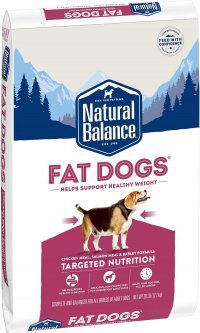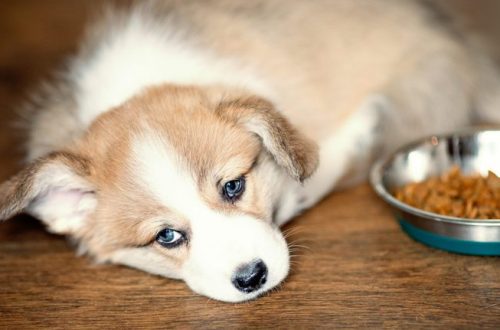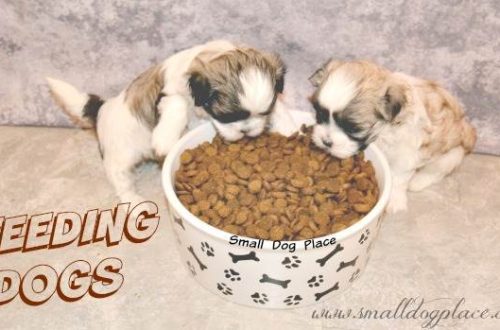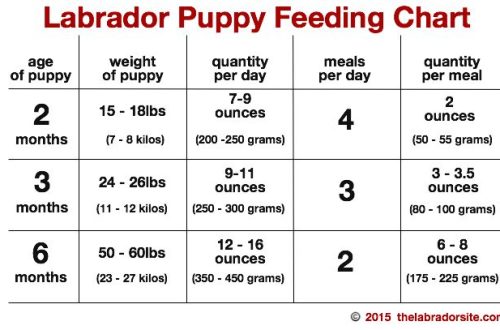
How to choose a low-calorie dog food?
Contents
Assessment of
Overweight is considered to be a weight that exceeds the ideal parameters by 15%, and obesity occurs when extra pounds reach a third of the dog’s weight. It is quite easy to understand that the pet should change the diet: the ribs and spine of the animal are difficult to palpate, the waist is absent, and the sagging belly is obvious.
Such a state is fraught with negative consequences. Among them are the following: reduced life expectancy, reduced immunity, skin and hair problems, an increased risk of developing various diseases – from diabetes to oncology, and so on.
By the way, excessively high-calorie nutrition is not the only factor that leads a pet to be overweight. Also, the appearance of the latter can be influenced by the breed: in particular, , collie, predisposed to fullness. Age is of great importance: half of the elderly are prone to gaining kilograms. Gender also affects this: bitches have a higher risk of obesity than males. If the animal does not have regular physical activity, then this lifestyle naturally leads to excess weight. Another factor is the influence of the owner (for example, whether he feeds the dog from the table and walks with it enough).
In any case, overweight and especially obesity is a reason to take measures to normalize the pet’s condition.
Selection rules
First of all, here you should pay attention to the nutrition of the dog. The first recommendation is to feed it with industrial rations in accordance with the norms indicated by the manufacturer and not offer the animal anything unhealthy like human food – sausages, sausages and other products. As a rule, such a regime is already a guarantee that the dog will maintain a normal weight.
If the animal is still gaining weight, then the second recommendation would be appropriate – to increase the proportion of wet food in its diet, which is 4-5 times less caloric than dry food. Accordingly, it will be necessary to reduce the amount of dry food offered to the pet.
Finally, if the dog continues to get fat, the third and probably the main recommendation is to consult a veterinarian.
Only a specialist can correctly determine the cause of overweight and, if necessary, prescribe a low-calorie diet for a pet.
For reference: reduced calorie foods are available in the Royal Canin brand line (Satiety Weight Management SAT30 diet), Hill’s Prescription Diet, Happy dog, Advance and so on.
At the same time, it is possible that the problem is not nutrition at all, but the animal itself needs treatment. Thus, the help of a doctor seems even more appropriate.
Photo:





